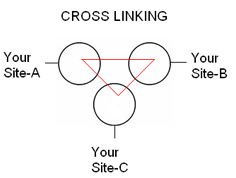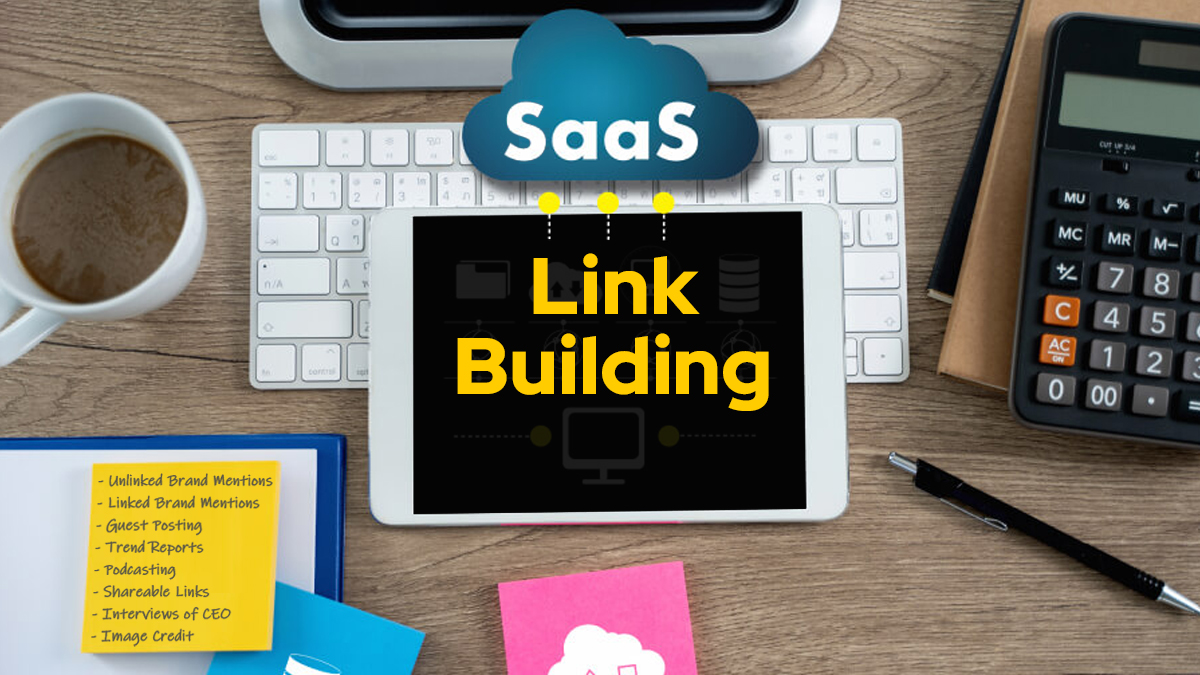In search engine optimization (SEO), cross-linking, commonly known as interlinking, is a potent strategy involving the linking of multiple websites or domains under your control. This technique aids in elevating your website’s ranking and visibility in search engine results pages (SERPs). Additionally, by interconnecting your websites, you can create a network of links that signal to search engines the authority and relevance of your content.
Search engines perceive cross-links between websites with related content as indicators of high quality and credibility. This is because the links originate from sites with similar and pertinent content, implying that the information is valuable and informative. Consequently, there is a higher probability that search engines will rank your websites higher in the SERPs, resulting in increased traffic and visibility.
When utilized correctly, cross-linking can be a powerful asset in your SEO arsenal, enhancing your website’s visibility and authority in search engine results. However, it is crucial to exercise caution and refrain from overdoing it, as excessive SEO cross-linking can be interpreted as spam by search engines and may lead to penalties.
How Does SEO Cross Linking Work?

The most common cross-linking strategies include footer/sidebar links and in-content deep linking. When you have links to your page (with your keywords) from other domain names, it works exceptionally well with search engines. The goal here is to interconnect these sites using keywords and content that is related and relevant. This approach will enhance your rankings for the relevant keywords and will be advantageous for all your websites.
SEO service providers often employ a strategic approach to cross-linking, focusing on creating a coherent and user-friendly site architecture. They utilize data analytics and SEO tools to identify high-performing pages that can be interlinked to distribute page authority evenly and enhance the user experience.
The Correct Approaches to Cross-Linking
Cross-linking can be a valuable strategy for obtaining desirable inbound connections from related sites. However, if you own multiple domains, it’s crucial to ensure you approach them correctly to maximize their benefits.
Unique Content: With Google’s Panda update and similar algorithm changes in other search engines, it’s essential that links are embedded within high-quality, unique content. Therefore, each of your sites should offer distinct, original material. This distinction is not only crucial for search engines but also for users. If visitors perceive that your two domains have identical content, they are less likely to explore further.
Similar Themes: While the content must be different, the overall theme of the websites should align. Otherwise, the connection and relevance between the sites become unclear. For instance, if you have a spa website and a separate site focused on spa massages and facials, the thematic similarity enhances the quality of SEO cross-linking.
Enhance User Experience: Prioritize the user experience. Connect users to your various content domains, allowing them to discover more than they initially intended. Your main focus should be on the human visitor rather than just PageRank. Providing visitors with the option to explore other helpful websites should be your goal. If you prioritize users, search engines will eventually follow suit.
Anchor Text for Cross-Linking: Use anchor text that contains relevant keywords when linking between domains. This approach benefits both search engines and users. People rely on anchor text to understand where a link will take them and what the linked content is about. Cross-linking with keyword-rich anchor text is not only more appealing to search engines but also helps users better grasp the context.
Maintain Naturalness: Visitors can recognize when links are strategically placed to push specific agendas. Therefore, it’s crucial to integrate your links naturally within the content. This seamless integration makes it easier for users to navigate to the other site while maintaining a straightforward and user-friendly approach.
Also Read: The Do’s and Don’ts Of Link Building
Should I cross-link with external websites
While the primary focus of cross-linking is often on linking pages within the same website, linking to authoritative external websites can also be beneficial. External linking can enhance your content’s credibility, provide additional value to your audience, and even improve your own site’s SEO when search engines see you as part of a valuable network of information. However, it’s important to ensure that the external sites you link to are reputable and directly relevant to your content.
Are there any risks associated with cross-linking?
Yes, improper cross-linking can be viewed as a spammy or manipulative SEO technique by search engines, potentially resulting in penalties or a decline in rankings. To avoid this, it’s essential to link only to relevant and high-quality content within your network of sites while steering clear of excessive or irrelevant cross-linking.
How can I effectively cross-link my websites?
The key to effective cross-linking lies in prioritizing quality over quantity. Link exclusively to content that holds value and relevance for your audience, and refrain from overusing exact match anchor text. Moreover, ensure that your links appear natural and contextually relevant within the content. Lastly, regularly monitor your cross-linking efforts to prevent potential search engine penalties stemming from spammy or manipulative tactics.
How do I measure the success of my cross-linking efforts?
You can measure the success of your cross-linking efforts by monitoring key performance indicators such as user engagement, bounce rate, and average session duration. Use analytics tools to track how often users are clicking on the cross-links and whether this leads to increased time spent on your site or further actions like conversions. These metrics will give you valuable insights into the effectiveness of your cross-linking strategy and areas for improvement.



























Is there any problem with linking between 2 sites you own, once, if they offer complimentary services? I am not suggesting multiple links going from one to another, simply a one way flow. Surely G doesn’t mind that – even if they are on the same C Block?